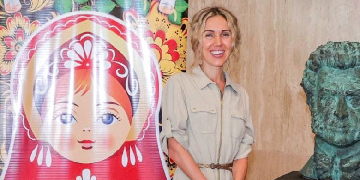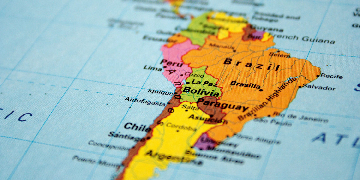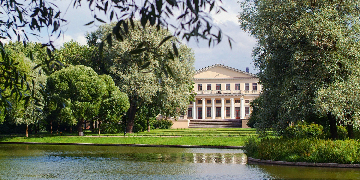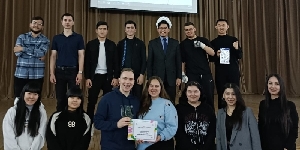Education in Russia opens many prospects for Mexican citizens to build their educational and career paths. However, there are some great obstacles that considerably limit the academic exchange opportunities and the increase in the number of Mexican students at Russian universities. Tatiana Bogdanova, Head of the Russian House in Mexico, talks about the advantages, prospects, and logistical difficulties.
Education in Russia for Mexican Citizens
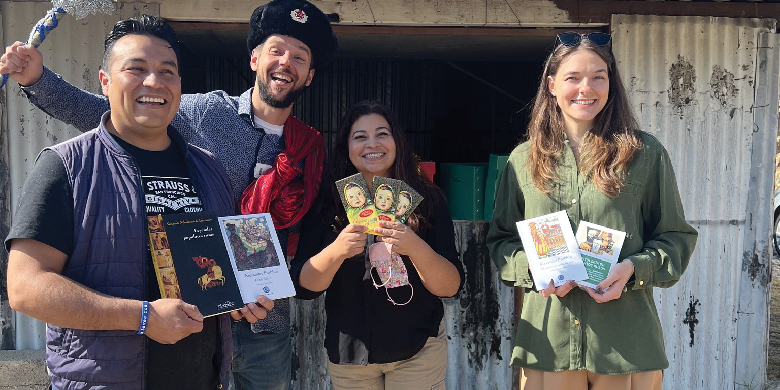
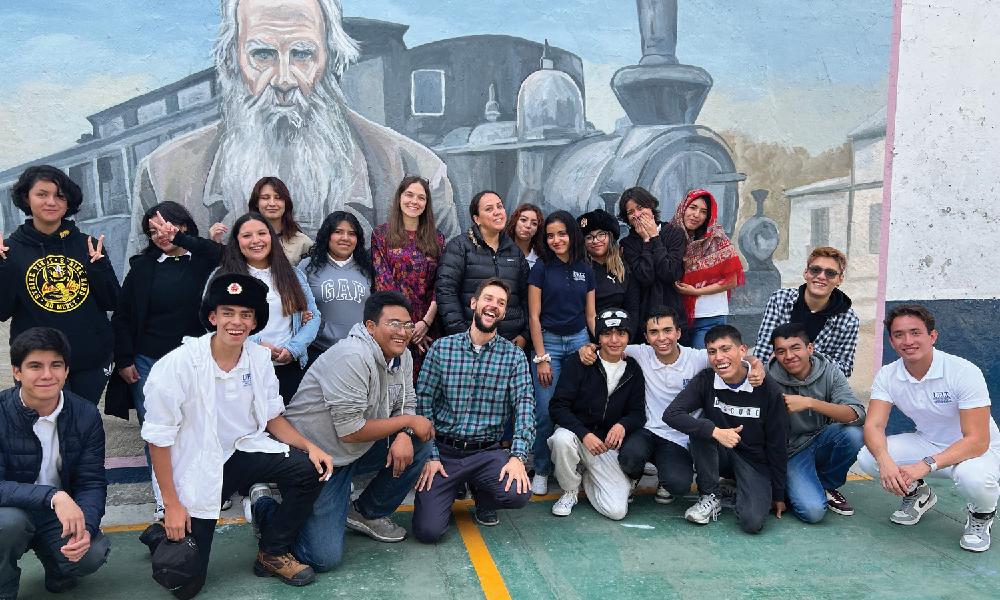
Free education for Mexican citizens
For Mexican applicants, there is an option of getting a free education in Russia. For this purpose, candidates must pass the competitive selection and get a government quota. Over a long period of time, the Russian Government allocated 32 scholarships to Mexico. This year, as part of the 2024-2025 enrollment campaign, the number of scholarships (quotas) was increased to 40.
The procedure for selection of Mexican students as part of the quota campaign is rather simple. This is a competition of academic credentials (grade point average), personal achievements and portfolios. Of course, we keep in touch with each applicant individually to understand their motivation, seriousness of attitude, and readiness for striking changes while studying.
Most often, Mexican applicants choose mathematical sciences, programming, rocket science and space science, general medicine and surgery, philology, and musical art. Young people tend to try to continue their education in Russia. Bachelor’s students participate in the competition to apply for Master’s programs, and many Master’s graduates apply for PhD programs.
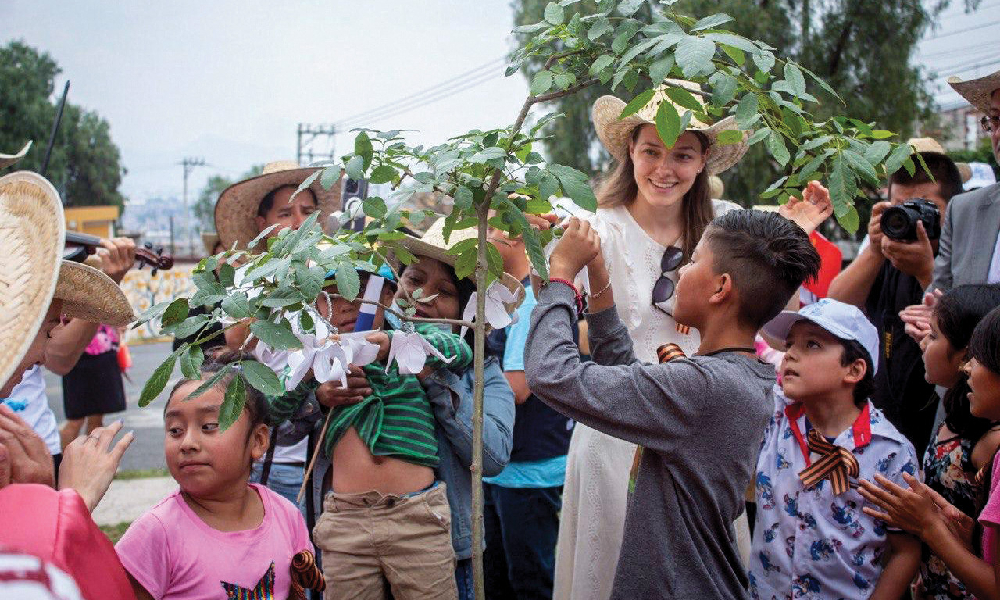
Advantages
Educational cooperation between Russia and Mexico provides Mexican applicants with a number of attractive opportunities. Here are some reasons why Mexican students choose to study in Russia.
- A wide range of educational programs. Russian universities offer a variety of programs in various fields, including engineering, natural sciences, medicine, humanities, and many others. This allows students to choose their majors according to their interests and career plans.
- High-quality education. Education in Russia is famous for its high quality, and the reputation of Russian higher education worldwide is confirmed by numerous ratings and rankings. Education in Russia can provide students with access to experience and knowledge from top experts in various fields.
- Russian language. There is nothing like learning a language in its native environment, while Mexico offers almost no opportunities for professional development in the field of Russian philology.
- International experience. Studying in Russia, Mexican students also get a unique opportunity to immerse themselves in the international learning environment. This promotes the development of cross-cultural understanding and enhancement of competitiveness in the global job market.
- Language training. Many Russian universities offer study programs taught in Russian and English. This can be particularly attractive to Mexican students striving to master a new language and expand their language skills.
Taking into consideration the above, Mexican graduates of Russian universities have competitive advantages in the job market. Language proficiency, popular profession, international communication experience make such graduates sought-after employees, providing them with the opportunities for further professional and career development in their home countries and worldwide.
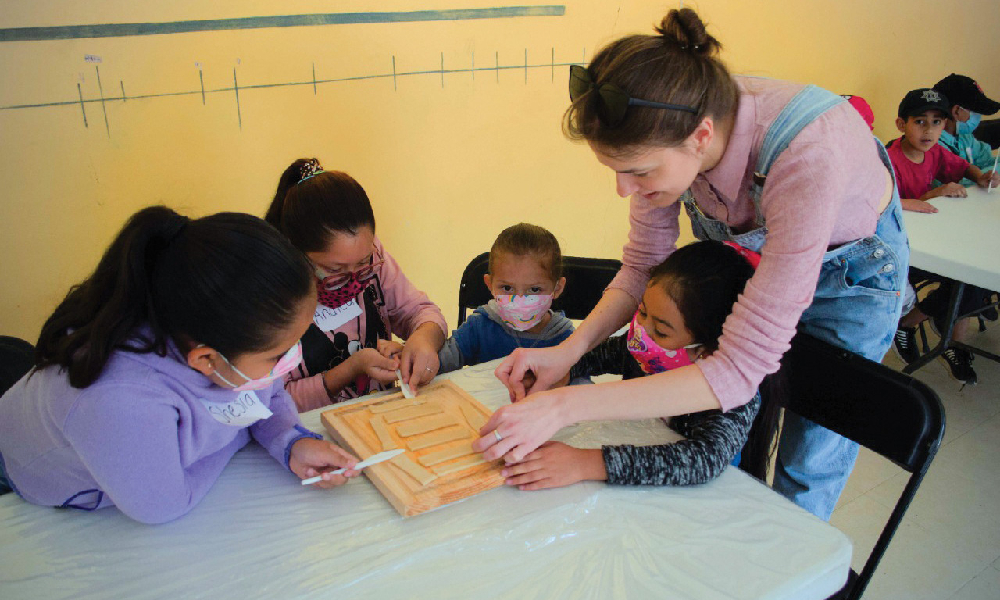
Prospects for Mexico-Russia cooperation
Educational cooperation between Russia and Mexico creates a favorable environment for educational and cultural exchange, which ultimately promotes the strengthening of mutual understanding and business and humanitarian relations. Today there are some external circumstances that limit the opportunities to increase the number of Mexican students at Russian universities manyfold.
This is largely due to the absence of a bilateral agreement on recognition of academic credentials, academic titles and qualifications. This is a complex, years-long negotiation process which is expected to enter its final stage in the near future. In the long run, signing such an agreement will considerably facilitate the process of recognition of degrees from Russian universities in Mexico and will help recent graduates enter the job market and get down to work as quickly as possible.
Besides, the logistics of flying to Russia has become much more difficult over the last year. The airfare has considerably increased, and not every applicant can afford a ticket, at least to their study destination. The same factor, along with the prohibition of money transfers to Russia from Mexico, has reduced the number of applicants, including those wishing to study at their expense.
Despite the circumstances, the Russian House in Mexico actively promotes Russian education and establishes cooperation with Russian universities that, in their turn, are willing to familiarize Mexicans with the aspects of living and studying in Russia, by holding online lectures and meetings. So, young people get the opportunity to learn first hand about the quality of training and studies and try their hand at their field. For two years already, in November, in cooperation with the Latin American-Russian Association, we have held the International Week of Russian Language, Science and Culture, as part of which several Russian universities give lessons on various topics to Mexican applicants and students both in English and Spanish languages.
